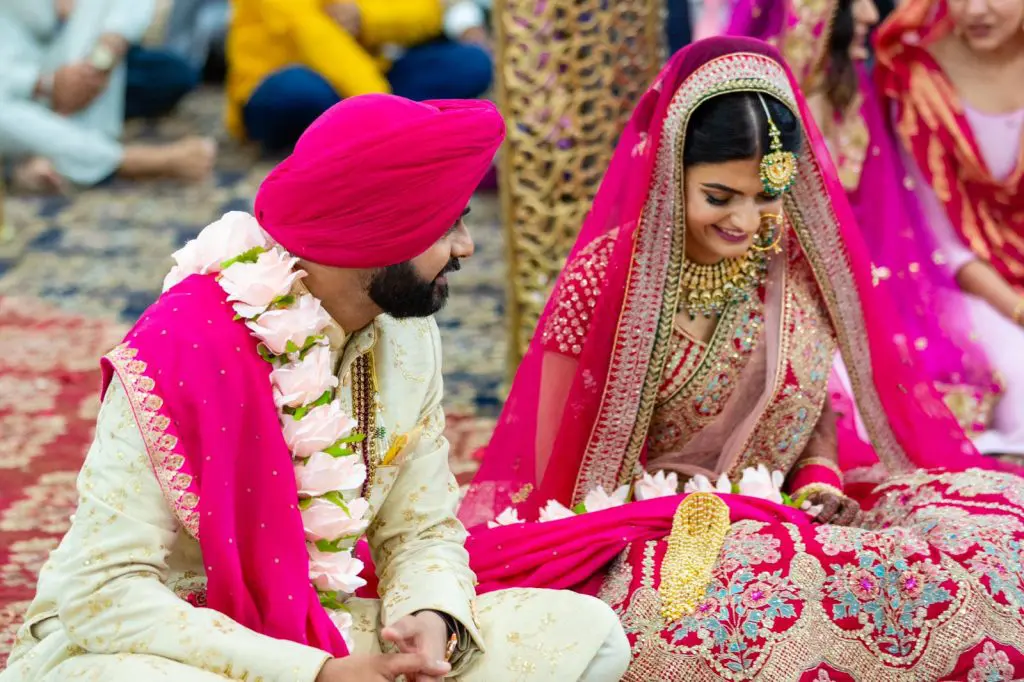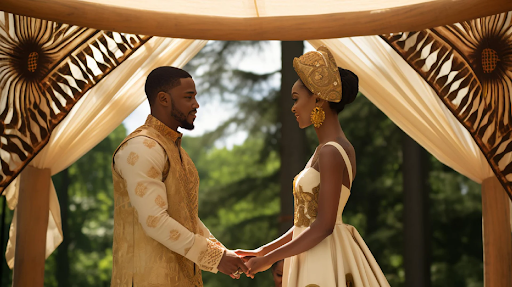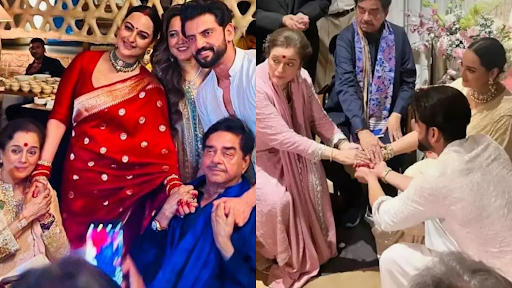Introduction
In the realm of celebrations and gatherings, traditional favors hold a special place. These small tokens of appreciation not only adorn tables or gift bags but also carry deeper cultural and symbolic meanings.

In this blog, we explore the significance of traditional favors across various cultures and occasions, highlighting their role in fostering connections and preserving heritage.
What Are Traditional Favors?
Traditional favors, also known as wedding favors, party favors, or keepsakes, are small gifts given to guests at weddings, parties, or other special events. These gifts serve as gestures of gratitude and appreciation, symbolizing the hosts’ acknowledgment of their guests’ presence and support.
Cultural Roots and Symbolism
Across different cultures, traditional favors are imbued with symbolic meanings that reflect cultural values and traditions. For example:
- Jordan Almonds (Italy and Greece): In Mediterranean cultures, Jordan almonds symbolize fertility, prosperity, health, and longevity. The bitterness of the almond and the sweetness of the sugar coating represent the ups and downs of married life.
- Henna (Middle Eastern and South Asian Cultures): Henna favors often include small cones or packets of henna powder. Henna symbolizes good luck, protection from evil, and blessings for the future. It is also associated with bridal adornment and rituals.
- Lucky Bamboo (Chinese Culture): Bamboo symbolizes strength, resilience, and prosperity in Chinese culture. Giving bamboo favors at weddings or other celebrations is believed to bring good fortune and happiness to the recipients.
- Koufeta (Greek Orthodox Tradition): Similar to Jordan almonds, koufeta are sugar-coated almonds given to guests at weddings. They symbolize the bitter and sweet moments of marriage, as well as the hope that the newlyweds will enjoy a life of prosperity together.
Significance in Celebratory Events
Traditional favors play a significant role in enhancing the atmosphere of celebratory events:
- Expression of Gratitude: They are a way for hosts to express gratitude to guests for sharing in their special day or occasion.
- Cultural Connection: Favors often reflect cultural heritage and traditions, allowing hosts to share their cultural identity with guests.
- Memorable Keepsakes: Guests often keep these favors as mementos of the event, serving as reminders of the joyous occasion and the relationships forged.
Evolving Traditions and Personalization
Traditional favors have evolved to reflect the changing tastes and preferences of modern hosts. While the core significance and symbolism of traditional favors remain, their presentation and types have adapted to suit contemporary tastes and themes. This evolution allows hosts to personalize their favors, making them a meaningful and memorable part of any celebration.
Modern hosts may choose to incorporate personal touches, such as:
Unique packaging: Instead of traditional wrapping or containers, modern hosts may opt for creative packaging that reflects the theme of the event or their personal style.
Customized designs: Favors can be designed with personalized messages, monograms, or special symbols that hold significance for the couple or their families.
Unconventional materials: Hosts may choose to use unconventional materials, such as recycled or eco-friendly materials, to create favors that align with their values and lifestyle.
Cultural fusion: Modern hosts may blend traditional cultural elements with modern twists, creating unique favors that reflect the blending of cultures.
Sustainability and Eco-Friendly Options
“In recent years, the wedding favor industry has witnessed a significant shift towards eco-friendly and sustainable options. Couples are increasingly opting for favors that not only delight their guests but also minimize their environmental footprint. This trend is reflective of a broader societal awareness of the importance of sustainability and the need to reduce waste.
The rise of eco-friendly favors is driven by several factors. Firstly, there is a growing concern about the environmental impact of single-use plastics and disposable items. Guests often receive numerous favors at weddings, and the cumulative effect of these small items can be substantial. By choosing biodegradable or reusable materials, hosts can significantly reduce their contribution to plastic waste and minimize their carbon footprint.
Some popular eco-friendly favor options include:
- Biodegradable items: Hosts can choose favors made from natural materials like bamboo, cotton, or recycled paper, which can be easily composted or recycled.
- Reusable items: Favors like cloth napkins, wooden utensils, or stainless steel straws can be used multiple times, reducing the need for single-use items.
- Charitable donations: Couples can make donations to organizations or charities in lieu of traditional favors, allowing them to support a cause they care about while also promoting sustainability.
- Experiences: Instead of giving out physical favors, hosts can offer guests an experience, such as a wine tasting, cooking class, or outdoor activity. This approach creates memories without generating waste.
Conclusion
Traditional favors are not merely tokens of appreciation but encapsulate the essence of cultural heritage, symbolism, and celebration. They enrich gatherings by connecting guests to meaningful traditions and values, fostering a sense of unity and shared experience.
Whether it’s Jordan almonds at a Mediterranean wedding or henna cones at an Indian Mehndi ceremony, these small gestures carry profound meanings that transcend the event itself, making them cherished elements of cultural celebrations worldwide.

